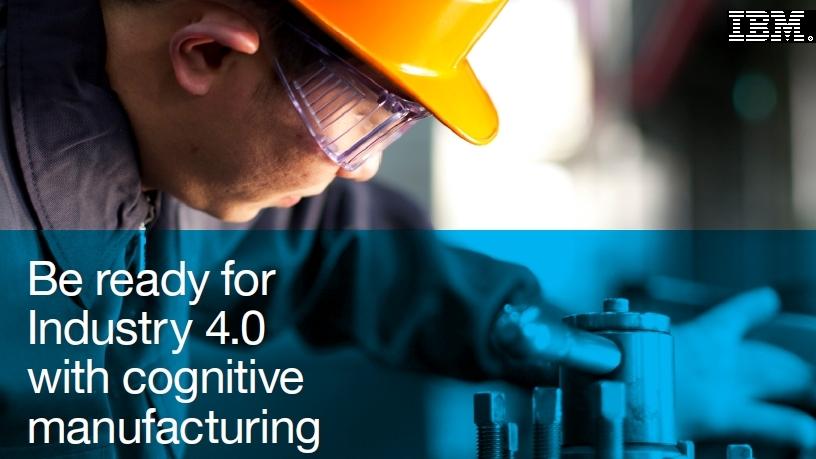
The birth of the "smart factory" or the "Industry 4.0 era" has created a need for manufacturers to rethink the way they do business.
As the industry is becoming more complex and the goalposts are constantly moving, manufacturers are expected to keep improving plant efficiency.
Peter Gutzmer, deputy CEO and chief technology officer at car manufacturer Schaeffler, says: "Industry 4.0 is not the digitalisation of the mechanical industry, because that is already here. It is about getting real-time data into the supply and manufacturing chain. If we use the Internet of things (IOT) data and combine it in a different way, we can be more flexible. We can adapt faster."
With the average manufacturing site running on over 100 software applications, it is a tremendous challenge to make that data accessible and actionable.
The reliability, availability and performance benefits of cognitive manufacturing come from the ability to:
* Collect and curate both structured and unstructured data through connected sensors to generate new insights;
* Predict issues, time to failure and probable cause for enhanced operational efficiency and decision-making;
* Leverage advanced analytics to optimise resources, supply chain management and quality control; and
* Transform processes and operational performance through continuous machine and human learning.
Download IBM's Watson Internet of Things Industrial ID e-Book and learn how to unlock the potential of legacy, real-time and unstructured data.
Share